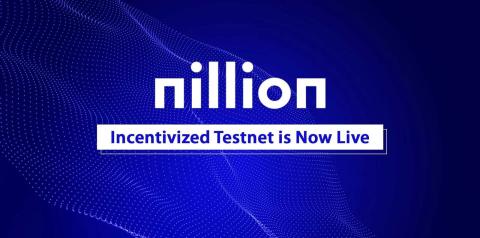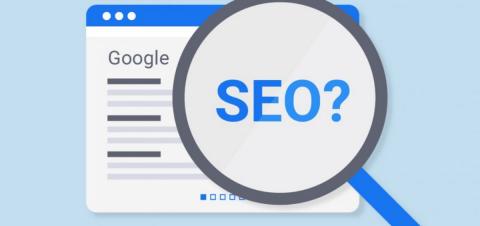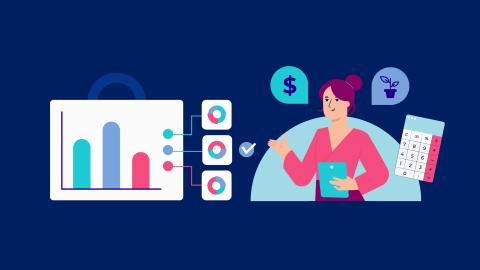Digital Marketing Demystified: A Comprehensive Guide for Beginners to Build a Strong Foundation and Navigate the Basics Effectively

In a world saturated with self-proclaimed digital marketing experts, this comprehensive guide directs beginners on the essential steps needed for success, whether operating online or locally. Digital marketing doesn't have to be needlessly complex, and once the basics are understood, beginners can confidently explore advanced tools and techniques to elevate their business.
What are the Digital Marketing Basics?
Don't worry; no one expects you to code a website, accurately place social media ads, or fully optimize Google display ads when you're just starting in digital marketing. There are foundational tools to start with, ensuring a robust base for future digital marketing endeavors.
1. Optimizing Your Website:
- Designing a website that reflects your brand identity and provides an excellent user experience.
2. Building an Email Marketing List:
- Collecting email addresses for direct communication and encouraging engagement.
3. SEO (Search Engine Optimization):
- Implementing basic SEO strategies to make your content more appealing to search engines.
4. Launching Google or Bing Ads:
- Using ads to appear in search results and increase brand awareness.
5. Reaching New Audiences on Social Media:
- Engaging with your audience on platforms like Facebook, LinkedIn, Instagram, and more.
6. Utilizing Location-Based Targeting:
- Attracting local attention through geographic targeting.
What You Truly Need to Know:
- Is Digital Marketing Easy?
- Answer: Yes and no. At its core, digital marketing means connecting people with brands in meaningful ways. While creating a website is straightforward, optimizing content and attracting visitors require time and finesse.
- What Are the Types of Digital Marketing?
- Answer: Content marketing, SEO, social media marketing (SMM), search engine marketing (SEM), paid advertising, and email marketing.
- What Are the 5 Ps of Digital Marketing?
- Answer: Product, Price, Promotion, Place, and People. These elements must work together for successful digital marketing strategies.
Digital Marketing vs. Traditional Marketing:
While both aim to achieve brand goals, digital and traditional marketing differ in methods.
- Audience:
- Digital: Targets a global audience with customized efforts.
- Traditional: Focuses on local audiences through broadcast or print media.
- Content Delivery:
- Digital: Utilizes various online channels.
- Traditional: Relies on physical materials like catalogs and flyers.
- Interaction:
- Digital: Direct and frequent interaction through forums and social media.
- Traditional: Interaction through physical materials.
- Events:
- Digital: Emphasizes online webinars and events.
- Traditional: In-person events like conventions and seminars.
Tips for Beginners:
1. Understand Brand Awareness:
- Building brand awareness is crucial. Ensure consistency in presenting your brand across channels.
2. Embrace SEO:
- Acknowledge the omnipresence of SEO. Start slow, identify keywords, and gradually incorporate advanced strategies.
3. Discover Your Online Potential:
- Explore opportunities like webinars, courses, and becoming a thought leader in your field.
4. Know Your Customers:
- Conduct market research, gather feedback, and build buyer personas for a targeted marketing strategy.
5. Build a Social Media Presence:
- Establish a significant presence on platforms aligning with your brand.
Digital marketing offers vast opportunities; take it one step at a time, keep learning, and soon you'll leverage it for increased website traffic, higher-quality leads, and more meaningful interactions.










